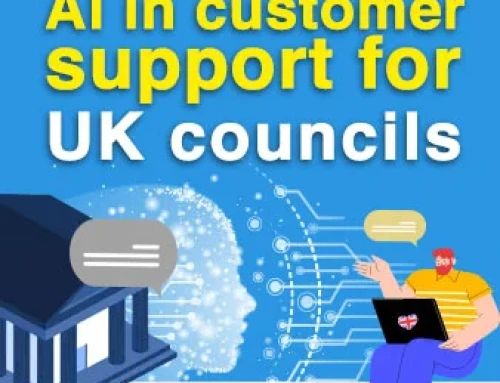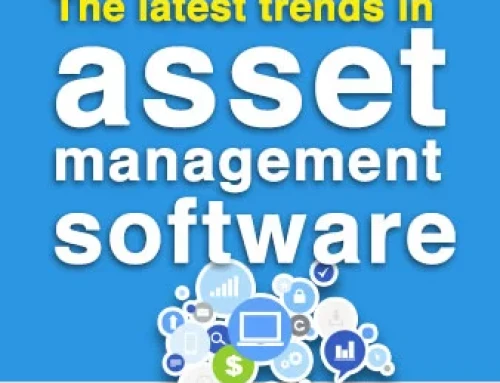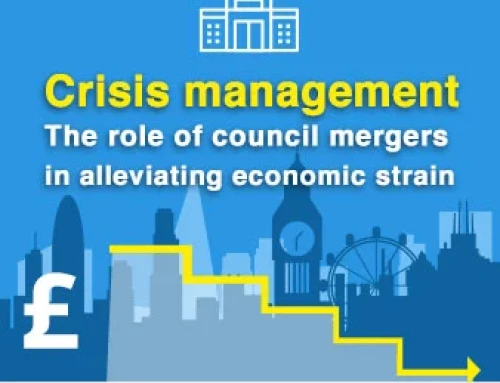Harnessing Artificial Intelligence for efficient public service delivery
Our practical approach towards implementing AI for UK councils
A report by World Health Organisation (WHO) estimates that approximately 1.3 million people die each year as a result of road traffic crashes. According to Governing magazine report, 53% of local government officials cannot complete their work on time due to low operational efficiencies like manual paperwork, data collection and reporting. Moreover, Booz Allen identified that common cyber defence tools do not detect intrusion until 200 days after. These challenges can be overcome by deploying smart traffic systems, automating workflows and detecting threats early, which are enabled by advanced technologies such as artificial intelligence.
Artificial intelligence has started playing a crucial role in the public sector at both local and national levels. New technological advancements are impacting millions of lives on a broader spectrum by providing innovative solutions for governments across the globe whether it’s related to developing intelligent traffic management systems to improve traffic flow and mobility or solid waste management systems for better environmental control.
At a 360-degree level, local governments are dedicated to bolstering economic growth, educating youth, and ensuring the smooth flow of goods and people around the city or specified area and AI can help them to optimise these processes with greater ROI.
Advantages of Artificial Intelligence for local government:
Smarter policymaking:
Data analysis, forecasting, simulation and optimisation make AI a boon for government organisations in policy-making. Artificial Intelligence’s capability to analyse vast amounts of data with superfast speed can be helpful to forecast outcomes, find solutions and monitor the impacts of drafted policies for citizens.
Decision makers at local governments can utilise this potential to deliver more value to their constituents. This way, AI can improve the effectiveness and efficiency of the whole policymaking process and deliver the best-quality outputs for governments.
Reimagined service delivery:
From healthcare to traffic management to infrastructure, governments have started leveraging artificial intelligence to evolve customer service delivery at a greater pace. By enabling more responsive and proactive engagement of local governments with citizens, AI is transforming citizens’ experience to the utmost level.
For faster health check-ups, in the UK, National Health Service (NHS) has developed an AI tool to detect heart disease in only 20 seconds whereas a manual check-up by a doctor analysing MRI scans would take 13 minutes. Syndromic surveillance system by the Australian government monitors patient symptoms in hospitals every day to determine emerging disease outbreaks.
For an efficient traffic management system, highlighting areas with a high possibility of accidents, ensuring road safety and controlling traffic flow, are now possible with innovative technologies such as computer vision, drone tracking and camera-based traffic systems. AI-augmented government organisations are utilising data-driven analysis of AI and machine learning algorithms to effectively manage traffic and public safety.
For a smart infrastructure monitoring tool, Capgemini partnered with Google and developed software equipped with AI to spot undeclared properties which spotted approximately 20000 undeclared pools across France. These are only a few examples among various other AI solutions which are empowering local authorities around the world.
More efficient operations:
Automation is a key driver towards improving the effectiveness of governments at every level. Artificial Intelligence can be helpful in optimising the use of resources, reducing costs and augmenting human capabilities with innovative automation tools.
Government officials spend most of their time in fraud detection, risk assessment, resource allocation, performance evaluation and streamlining workflows. However, artificial intelligence can perform these duties faster and more efficiently. AI systems facilitate government operations by making decisions in real-time. AI can also free up millions of labour hours annually by automating government operations which require less human intervention.
AI integration with My Council Services through ChatGPT: Our practical approach towards implementing AI for UK councils
With the thought of freeing up more labour hours for UK councils, our R&D team decided to implement AI for the My Council Services platform through ChatGPT. MCS is known for its sophisticated features which help councils to deliver end-to-end services to citizens. The latest ChatGPT Integration with MCS has been a great enabler to speed up customer support response time for the authorities looking to optimise service delivery. This addition to the MCS product suite is another feather on the cap which is already getting a lot of traction by the councils.
Generally, UK councils receive hundreds of thousands of queries every day for issues regarding litter, bulky pickups, flytipping, graffiti, parking, street cleaning, trees, anti-social behaviour and noise, general requests or feedback etc. The council agents tend to respond gradually, as content creation is a time-consuming process where they require in-depth analysis, research and undivided attention.
But with ChatGPT integration, the MCS platform has enabled council admins to add notes and send emails faster, to address various queries without spending much time on each of it. It is now helping the councils to save administrative time and effort along with delivering a swift and seamless customer experience.
As a result, our existing clients are loving ChatGPT Integration with MCS, as it is saving their time to close cases efficiently and enhancing communication. ChatGPT’s capability in generating accurate responses with data-rich, useful and user-friendly content makes this integration a powerful tool for councils to gear up their customer support services with an increased level of satisfaction. We have discovered that UK councils can significantly reduce the time spent on each individual query by approximately 73%.
Not only this, we are working closely with our clients to introduce the powerful features of this AI technology across our different modules and apps.
The future ahead – AI for local government
Currently, the implementation of AI in the public sector revolves around augmenting human capabilities and improving efficiency and quality. However, AI has the potential to create a greater impact on the public sector in areas such as public safety, health care, education and security. Moreover, along with various other benefits, governments may also face many challenges with AI implementation such as data protection where they need to find a balance between privacy, security and transparency.
Governments at the global level have started implementing AI at various levels but only a few have achieved true AI at scale. However, according to Statista, the global AI market size is expected to grow to 1.6 trillion U.S. dollars by 2030 which reflects a brighter future for AI technologies. The era of AI has just begun and in the coming years, we will witness its impact from big to a bigger scale towards building a better world through the efficient functioning of governments.





